Alejandro Figueroa | May 30, 2022 | Personal Injury
The aftermath of an accident can be very difficult. You may be in pain from an injury, out of work, and low on funds to cover your daily needs and medical bills. Then, you see some light at the end of the tunnel when the insurance company contacts you and offers to settle the case.
But what happens if the insurance company’s offer is not reasonable? What can you do? What should you do? Fortunately, you have options.
Reject the First Offer and Continue Negotiating
The insurance company’s offer is just that: an offer. The insurance company’s first offer is often low, and they fully expect you to reject the first offer. In fact, it is relatively common for an injured person to reject the insurance company’s first offer.
Unfortunately, rejecting the insurance company’s offer is not as simple as demanding that they give you a better offer. You must generally write a letter to the insurance company formally rejecting their settlement offer. It is wise to explain why you are rejecting the offer and make a counteroffer, using your injuries and damages as the basis for your counteroffer.
Rejecting the insurance company’s first settlement offer will likely lead to negotiations. While negotiating may be a lot of work, it can pay off in the end. You can continue negotiating until a deal is reached or the insurance company refuses to continue negotiating.
Request a New Insurance Adjuster
If the insurance company refuses to continue negotiating a settlement offer after you reject their first offer, it may be because the claims adjuster is trying to discourage you from additional negotiations. Insurance companies sometimes use this tactic to get injured people to take less money than what is owed to them.
An insurance adjuster may even refuse to settle for an offer they previously made to you. If this happens, the adjuster may be engaging in bad faith negotiation tactics. However, you can use your own strategies to combat these bad faith negotiations.
Keep track of the following when communicating with insurance company representatives:
- Who you are communicating with
- The dates you communicate with them
- The offers they have made
- The counteroffers you have made
- Anything else you believe is important to notate
If you catch the insurance adjuster using bad faith tactics, report them immediately. Then, request a new adjuster for your claim. With a new insurance adjuster onboard and a recent incident of documented bad faith negotiations by the insurance company, settlement negotiations may resume.
Take the Case to Court if Settlement Negotiations Fail
Finally, and as a last resort, you can take your claim to court. However, it is important to consult with a Tampa personal injury attorney before you go to court to determine whether your case is suitable for trial.
It is important to remember that if you take your claim to court and lose, you will receive nothing. On the other hand, if you win at trial, the judge or jury may award you more than you could have settled for with the insurance company.
Because these two extremes are possible outcomes of a trial, you should speak with a lawyer to ensure that you reach the best result.
Contact a Personal Injury Lawyer for Help With Your Settlement Negotiations
Whether you are in the early stages of settlement negotiations or you’ve reached a roadblock with the insurance adjuster, you should consult a personal injury lawyer to discuss your claim.
They’ll advise whether the compensation you are seeking is fair and if the offers you have received reflect your damages. Most attorneys offer a free consultation, so there’s no risk in reaching out for help to see how they can assist you.
If you’ve been injured in an accident in Tampa, FL, and need legal help, contact our Tampa personal injury lawyers at Catania & Catania Injury Lawyers to schedule a free consultation.
Catania & Catania Injury Lawyers
Bank of America Plaza
101 E Kennedy Blvd #2400
Tampa, FL 33602
(813) 222-8656
We also provide legal assistance throughout the Tampa Bay Area including Clearwater, St. Petersburg, Sarasota, and Bradenton.

